Science Shop
Advertisement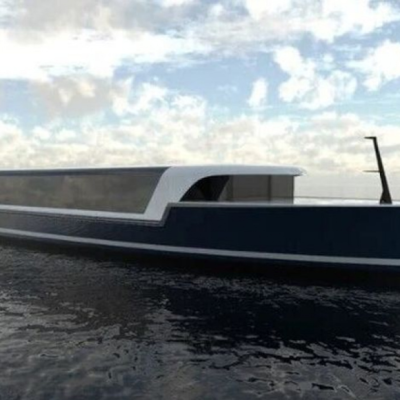
Solid Hydrogen Powers Fuel Cell Ship
- By Geert Devenster
- . April 7, 2022
The world’s first ship powered by solid hydrogen has been developed in the Netherlands. The Neo Orbis, a small passenger vessel measuring around 20 meters
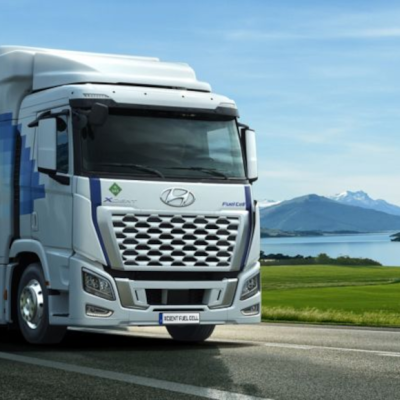
Hyundai’s Hydrogen Trucks Head to Germany
- By Geert Devenster
- . April 7, 2022
Hyundai has announced that 27 of its Xcient Fuel Cell hydrogen trucks will be delivered to German companies, thanks to funding from the Federal Ministry
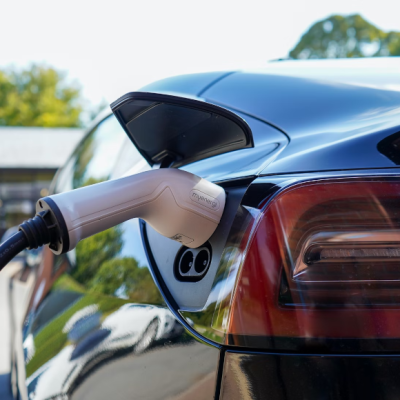
Germany lacks electric car charging stations.
- By Geert Devenster
- . April 6, 2022
Germany aims to have 15.8 million electric vehicles (EVs) on its roads by 2030, according to the country’s coalition agreement. However, a recent study by

Berlin’s Giant “Thermos Flask” for Gas Shortage
- By Geert Devenster
- . April 6, 2022
Berlin is preparing for a potential gas emergency by filling one of Europe’s largest heat storage facilities. The massive “thermos flask” has a volume of

Birds’ Navigation to Breeding Grounds
- By Rolf Lewis
- . April 6, 2022
Every year, thousands of bird species migrate from Africa to Europe, covering thousands of kilometers. Upon their return, they manage to locate their breeding grounds

Waste to Resource: Simplified Process
- By Rolf Lewis
- . April 5, 2022
A groundbreaking new process has been developed that simplifies the recycling of plastics. Scientists at Cornell University have presented a new method for recycling polystyrene
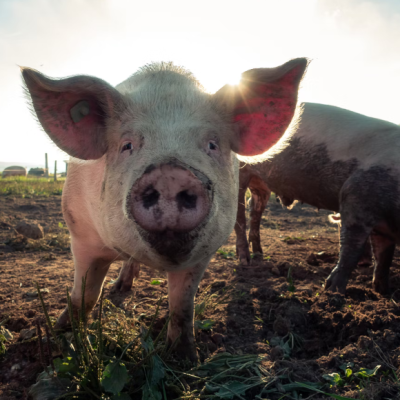
AI detects pig emotions
- By Rolf Lewis
- . April 4, 2022
A new study has shown that artificial intelligence (AI) can detect the mood of pigs based on their sounds. This technology could improve the quality
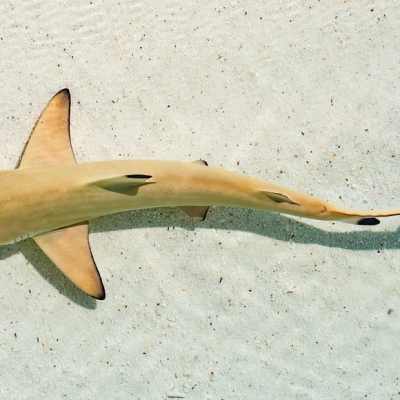
Endangered Sharks Found in Dog Food
- By Geert Devenster
- . April 2, 2022
Shark DNA Found in Dog and Cat Food In a shocking discovery, scientists from the National University of Singapore (NUS) have found DNA from endangered

Infertility from Covid-19 vaccine?
- By Geert Devenster
- . March 31, 2022
Recent studies have shown that some people fear that the Covid-19 vaccine may cause infertility. However, various publications from different institutions have clearly stated that
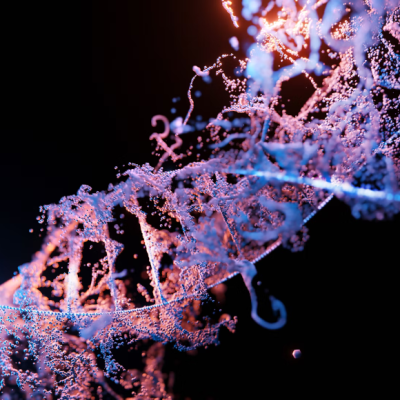
Human Genome Decoded Completely
- By Geert Devenster
- . March 31, 2022
A breakthrough in genetic research has led to the complete decoding of the human genome. Previously, only 92% of the genome had been sequenced, leaving









